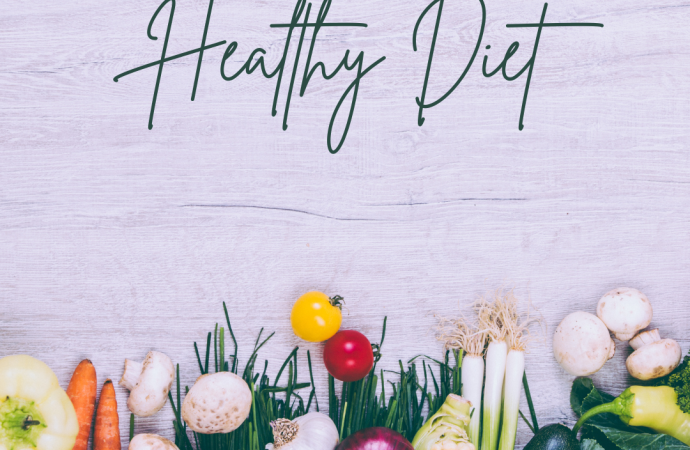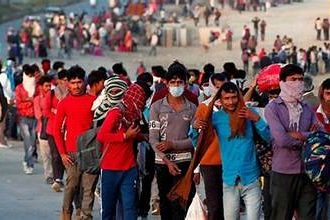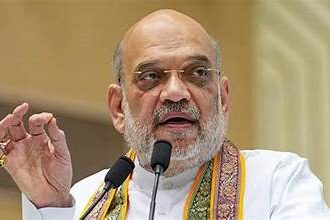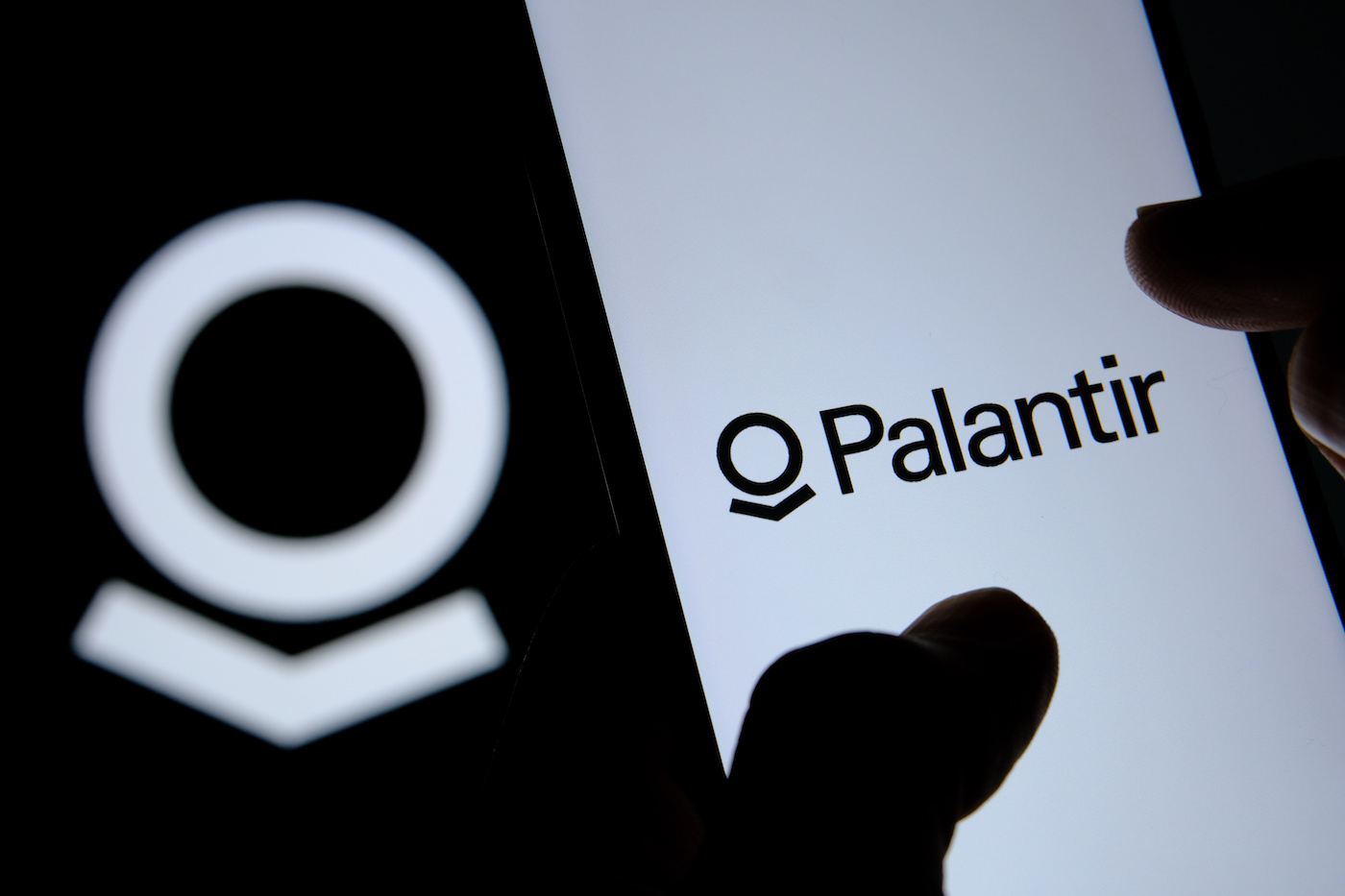For fitness enthusiasts, building muscle is a constant pursuit. It requires dedication, strategic training, and a crucial element – a healthy diet rich in protein. This macronutrient acts as the building block for muscle tissue, playing a vital role in muscle repair and growth. Why Protein Matters for Muscle Building During exercise, particularly strength training,
For fitness enthusiasts, building muscle is a constant pursuit. It requires dedication, strategic training, and a crucial element – a healthy diet rich in protein. This macronutrient acts as the building block for muscle tissue, playing a vital role in muscle repair and growth.
Why Protein Matters for Muscle Building
During exercise, particularly strength training, your muscle fibers undergo microscopic tears. Protein steps in here, supplying the amino acids needed to repair and rebuild these damaged fibers, ultimately leading to stronger, more defined muscles.
How Much Protein Do You Need?
The recommended daily protein intake for adults is 0.8 grams per kilogram of body weight. However, for individuals aiming to build muscle, the suggested range increases to 1.2-2 grams per kilogram of body weight.
Top Protein-Rich Food Sources
Animal-based Proteins:
- Lean meats: Chicken breast, turkey breast, lean cuts of beef, fish (salmon, tuna) – These provide a complete protein profile, containing all essential amino acids.
- Eggs: A versatile and affordable source of protein, rich in essential amino acids and healthy fats.
- Dairy products: Greek yogurt, cottage cheese – Excellent sources of protein and calcium, promoting muscle growth and bone health.
- Whey protein: A popular supplement derived from milk, offering a concentrated form of protein for quick absorption.
Plant-based Proteins:
- Legumes: Lentils, chickpeas, beans – Packed with protein and fiber, making them a satiating and muscle-friendly option.
- Tofu and tempeh: Soy-based products providing a complete protein source for vegetarians and vegans.
- Quinoa: A complete protein grain containing all essential amino acids, ideal for gluten-free diets.
- Nuts and seeds: Almonds, peanuts, chia seeds – A good source of protein and healthy fats, offering sustained energy throughout the day.
Building a Healthy Diet
Spread your protein intake throughout the day. Aim to include a protein source at every meal and snack throughout the day. This consistent intake helps ensure your body has a steady supply of amino acids for muscle repair and growth. Here’s a sample meal plan to illustrate this concept, incorporating a mix of vegetarian and animal-based protein sources
- Breakfast: Greek yogurt with berries and granola (protein from yogurt)
- Mid-morning snack: Handful of almonds and a banana (protein from almonds)
- Lunch: Lentil soup with a whole-wheat roll (protein from lentils)
- Afternoon snack: Cottage cheese with chopped fruit (protein from cottage cheese)
- Dinner: Salmon with roasted sweet potatoes and broccoli (protein from salmon)
- Evening snack: Hard-boiled egg with whole-wheat toast (protein from egg)
This is just a sample, and you can adjust it based on your preferences and dietary needs. But the key takeaway is to incorporate protein into every meal and snack to maximize its benefits for muscle building.
Here are some additional tips for vegetarians to increase their protein intake
Combine protein sources: Pair plant-based proteins that are low in some essential amino acids with others that are high in those same amino acids. For example, brown rice and beans are a complete protein because they complement each other’s amino acid profiles.
Include protein powders: Plant-based protein powders made from pea protein, soy protein, or brown rice protein can be a convenient way to boost your protein intake.
Plan your meals in advance Planning your meals ahead of time can be a game-changer when it comes to reaching your protein goals. Set aside some time each week to plan your meals and snacks for the upcoming days. This will help you ensure you have all the necessary ingredients on hand and avoid unhealthy impulse decisions when hunger strikes. There are many resources available online and in cookbooks to help you find protein-rich recipes that are both delicious and nutritious.
Focus on portion control While protein is an essential component of a muscle-building diet, it’s important not to neglect other vital nutrients. A balanced diet that includes protein, healthy fats, and complex carbohydrates is crucial for optimal energy levels, muscle growth, and overall health. Pay attention to portion sizes and aim to fill half your plate with non-starchy vegetables, one-quarter with lean protein, and the remaining quarter with complex carbohydrates like whole grains or starchy vegetables. This approach will provide your body with the nutrients it needs to build muscle and function at its best.
Post-workout protein: Aim to consume a source of protein within 30 minutes after a workout to optimize muscle repair and growth.
Hydration matters: Drink plenty of water throughout the day to support protein synthesis and muscle function.
Consult a nutritionist: Get personalized advice based on your specific dietary needs and fitness goals.
Building muscle takes dedication and a well-rounded approach. By incorporating these protein-rich food sources in your Healthy diet, you can provide your body with the necessary tools to achieve your muscle-building goals! Remember, consistency is key! Fuel your body with protein-rich foods, maintain a dedicated workout routine, and witness the incredible transformation you’ve been working towards.


















Leave a Comment
Your email address will not be published. Required fields are marked with *